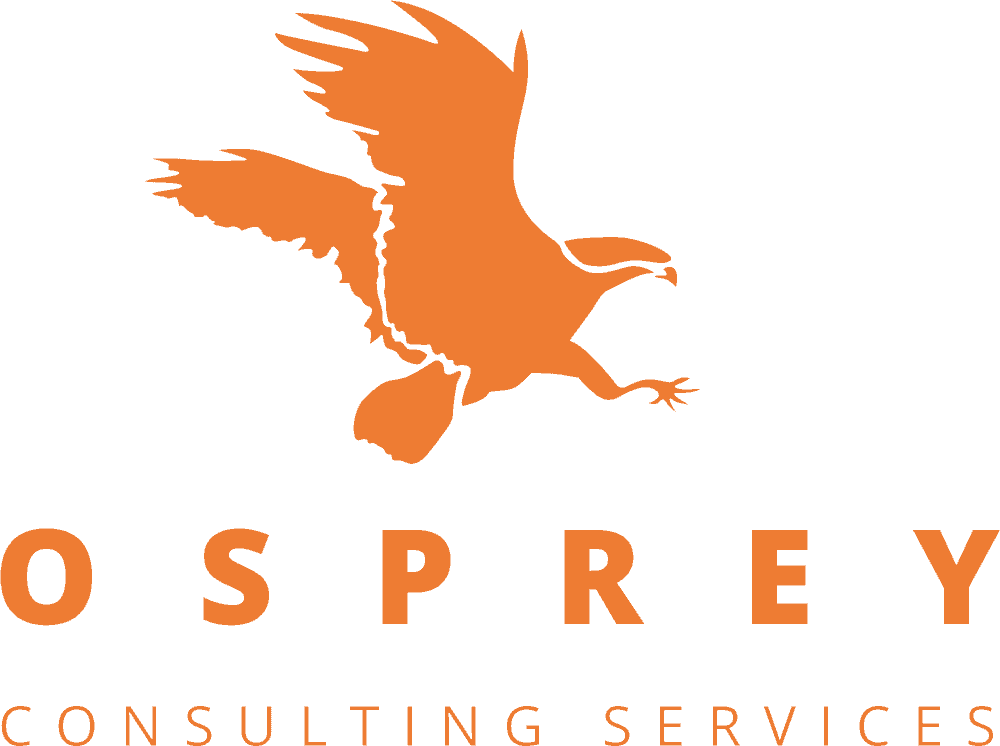October 2022
To celebrate Space week, Osprey focussed on Safety in the space sector. Focusing on three key areas of Osprey’s space capability including: Safety Cases, Airspace Change and Independent Assurance. A synopsis of these capability areas is explored below.
Safety Cases
Safety cases are necessary for space license applicants to demonstrate they have driven safety risk to As Low As Reasonably Practicable (ALARP) levels in accordance with the Space Industry Regulations (SIR). They are also necessary for ongoing demonstration of safety and safety risk management through-life. Whilst safety cases are a requirement of Spaceport and Launch Service Providers, they are also a good way for Orbital License applicants to demonstrate safety risk is controlled and managed.
Safety Cases, according to definition, are structured arguments supported by a body of evidence, intended to justify that a system is acceptably safe for a specific application in a specific operating environment. There are a few ways a Safety Case can be presented; either textual, graphical a mixture of both but the fundamentals are a logical, comprehensive, concise, and valid argument capable of being understood by all stakeholders. The fundamentals of a Safety Case are the same for the space industry as they are for any safety-critical industry but are especially important given the new application of the SIR and the regulator in the space sector.
Airspace Change
The safe use of airspace is an important factor for any space launch and a requirement of the Space Industry Regulations (SIR). Ensuring that launch vehicles, on launch (and return), do not impact other airspace users is an important part of the space safety case.
For launch activities from a UK spaceport requiring a change to the airspace, the Civil Aviation Authority requires the same process (CAP 1616) that is followed by airports for changing their airspace arrangements to be applied to space launches. For vertical launches, airspace change will be required where there is no existing airspace arrangement, this could be temporary or permanent but either way, the CAP1616 process will be required to varying degrees. For horizontal launches from a spaceport, CAP 1616 may still apply but the need for airspace change will be dependent on whether the launch location (range) is within the UK Flight Information Region.
Independence Assurance
Independent assurance is an important activity for any safety cases and safety management system for any organisation providing safety artefacts for approval whether that be external, to the space regulator, or internal to accountable managers/duty holders. Seeking independent technical evaluation of safety cases, and safety artefacts which might include safety evidence developed to support safety claims before they go to the regulator could save you precious time, resources, and money.
If you would like help with your project, please contact us via email: enquiries@ospreycsl.co.uk

